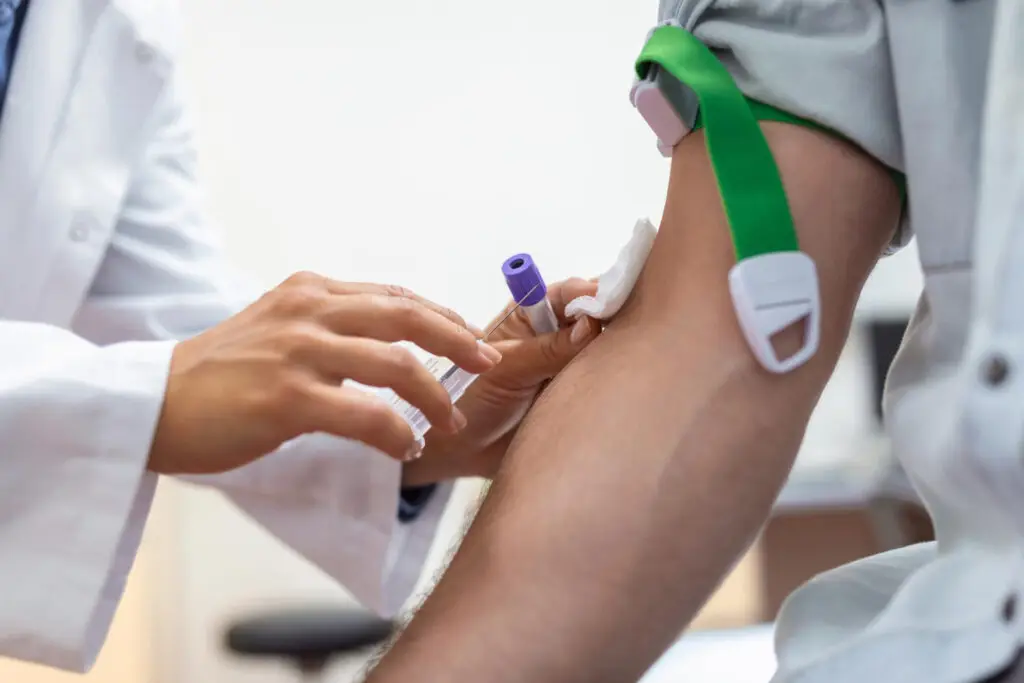Less than 10 percent of people in the United States donate blood annually. This partly explains the findings of American hematologists who recently researched the growing gap between blood supply and demand. The story of blood shortage is hardly new, however. One occurred in July, and a Type O shortage happened in May—and that’s just in the U.S. In the face of an obvious need for more ample stores, experts point to the unnecessary restrictions barring men who have sex with men from donating blood—a policy based on stigma rather than science.
“I am a gay male. I give blood because there’s a need for it in our current situation, but I have to lie to donate. Just by having sex with another male, I’m automatically eliminated from donating blood,”
Jason Kindt, MD, medical director at the Samuel J. Friedman Health Center for the Performing Arts.
The Food and Drug Administration (FDA) stipulates that “a man who has had sex with another man during the past 12 months” is not eligible to donate blood. This rule, doctors say, is outdated and detrimental to the nation’s current blood supply levels. Charles Nicholas Cuneo, MD, a clinical fellow at Brigham and Women’s Hospital, tells Well+Good that the FDA’s recommendation is based on a population-level analysis of risk rather than an individual risk assessment. In other words, they treat all gay men as a homogenous group rather than looking at the unique sexual histories of each individual.

“Other countries have shown us that individual risk assessment can be carried out effectively and safely. Indeed, if done rigorously, individual risk assessment may be able to more accurately predict risk and protect the public than the current system,” says Dr. Cuneo. For example, the American Red Cross might accept blood donations from a straight man with an active chlamydia infection who had unprotected sex with a woman an hour ago but turns away gay men in a decade-long monogamous relationship who do not have an STI, explains Dr. Cuneo. “This system is flawed based on our current knowledge of the modes of transmission of HIV,” he says.
In 2019, it was more accessible than ever to test blood for HIV, making Dr. Cuneo question why the rule (last revised by the FDA in 2015) remains in place. “The technology for screening blood has changed dramatically in recent years; current direct HIV/RNA testing can pick up on a new infection with over 99.9 percent sensitivity in only 9 to 14 days,” he says. “This makes the 12-month deferral currently written into the FDA rules appear completely arbitrary and punitive, as it has no logical basis in scientific fact.”
Dr. Kindt has seen the repercussions of the FDA’s rules in his practice. “Many of my gay male patients are angry that that rule exists. They follow the law, and they don’t donate even though it could be helping many people,” he says.
If blood shortages are to be ended, or, at the very least, decreased shortly, Dr. Cuneo says blood screenings need to acknowledge the individual, not the boxes they check on their intake form.

